Optimal Timing for Solar Panel Service

Peak sunlight hours make summer an ideal time for solar panel maintenance and inspections.

Spring offers moderate weather, suitable for servicing panels before peak summer usage.
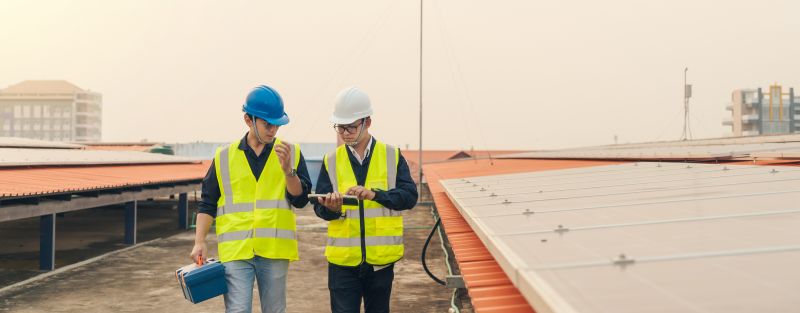
Autumn allows for inspections before winter, ensuring optimal performance.
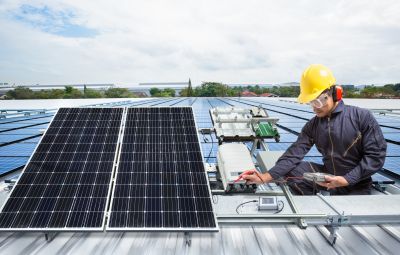
Winter servicing can address snow and ice buildup, maintaining efficiency during colder months.
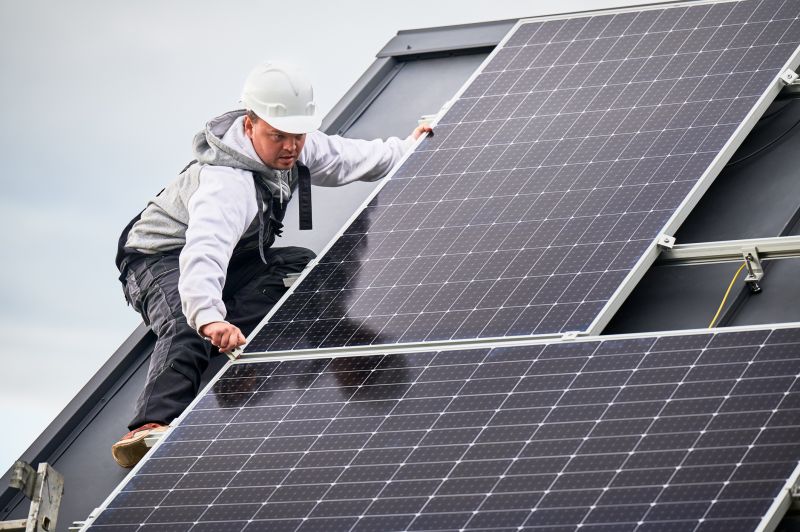
Periods with less sunlight provide opportunities for thorough servicing without interrupting energy production.
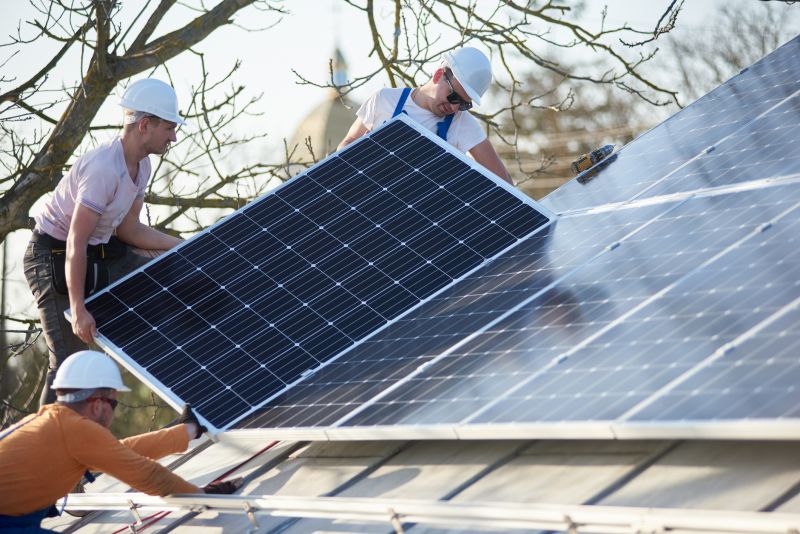
After storms or heavy weather, servicing ensures panels are clear and damage is addressed promptly.
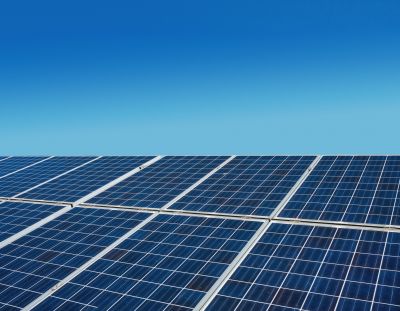
Ways to make Solar Panels Service work in tight or awkward layouts.

Popular materials for Solar Panels Service and why they hold up over time.
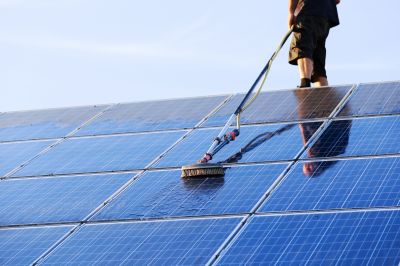
Simple add-ons that improve Solar Panels Service without blowing the budget.
Solar panels require regular servicing to maintain optimal energy production and longevity. Proper timing of maintenance can prevent efficiency losses and extend the lifespan of the system. Seasonal considerations, such as weather patterns and sunlight availability, influence the best periods for service. For example, servicing before summer ensures panels are clean and functioning well during peak sunlight months, while winter inspections help address snow accumulation and potential ice damage.
Statistics indicate that regular maintenance can improve solar panel efficiency by up to 20 percent. In regions like Sandy Hook, CT, where seasonal weather varies significantly, scheduling service during specific times of the year can maximize energy output and reduce long-term costs. Inspections and cleaning during spring and fall can prevent buildup of debris, dirt, and snow, which can diminish performance. Additionally, addressing minor damages early can prevent costly repairs later.
Spring and fall are generally recommended for routine inspections and cleaning.
Avoid scheduling service during extreme weather conditions like storms or heavy snow.
Perform maintenance before high-demand seasons to ensure maximum efficiency.
Check for damage or debris after severe weather events to prevent performance issues.

Removing dirt and debris enhances energy absorption.

Identifies cracks, corrosion, or loose connections early.
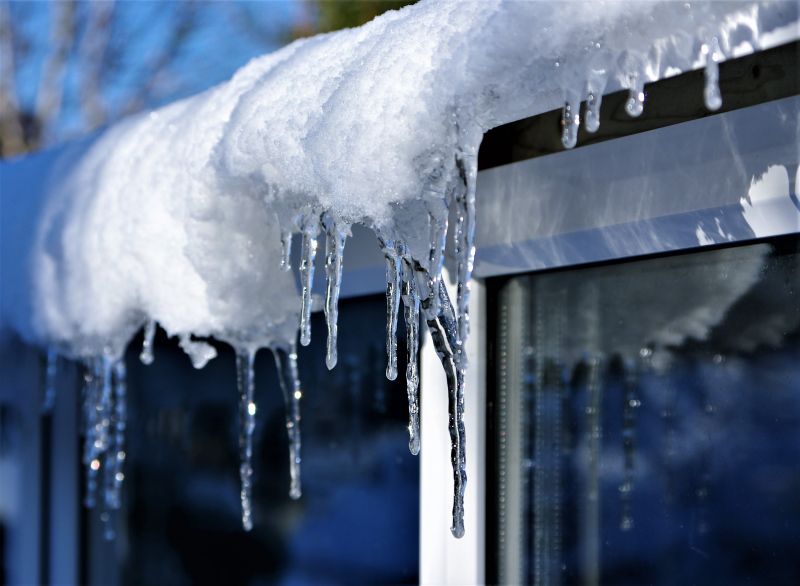
Clearing snow ensures panels operate efficiently during winter.

Ensures wiring and inverters are functioning properly.

Regular assessments track system output and identify issues.

Timely replacement of worn parts prolongs system life.

Checks mounting systems for stability and damage.

Verifies repairs restore optimal performance.
| Season | Recommended Service Activities |
|---|---|
| Spring | Cleaning, inspection, and debris removal |
| Summer | Performance check and minor repairs |
| Autumn | Pre-winter inspection and snow removal prep |
| Winter | Snow clearing, damage assessment |
| Post-Storm | Damage inspection and debris removal |
Scheduling solar panel service at appropriate times throughout the year ensures consistent energy production and reduces the risk of system failure. Proper timing aligns with seasonal weather patterns and system demands, helping to optimize performance. Regular maintenance also allows for early detection of potential issues, minimizing long-term repair costs and maximizing system efficiency.

Professional inspections ensure system integrity and performance.

Removing accumulated dirt and debris for optimal energy absorption.

Clearing snow to prevent performance loss during winter.

Ensuring wiring and inverters are functioning properly.

Finishes and colors that play nicely with Solar Panels Service.

Little measurements that prevent headaches on Solar Panels Service day.

A 60-second routine that keeps Solar Panels Service looking new.
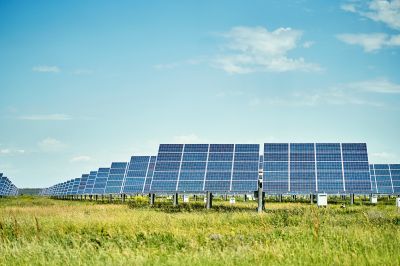
A frequent mistake in Solar Panels Service and how to dodge it.
Interested parties are encouraged to contact for scheduling solar panels service. Regular maintenance not only preserves system efficiency but also extends the lifespan of the equipment. Proper timing and professional inspections can help maximize energy output and reduce unexpected repair costs.


